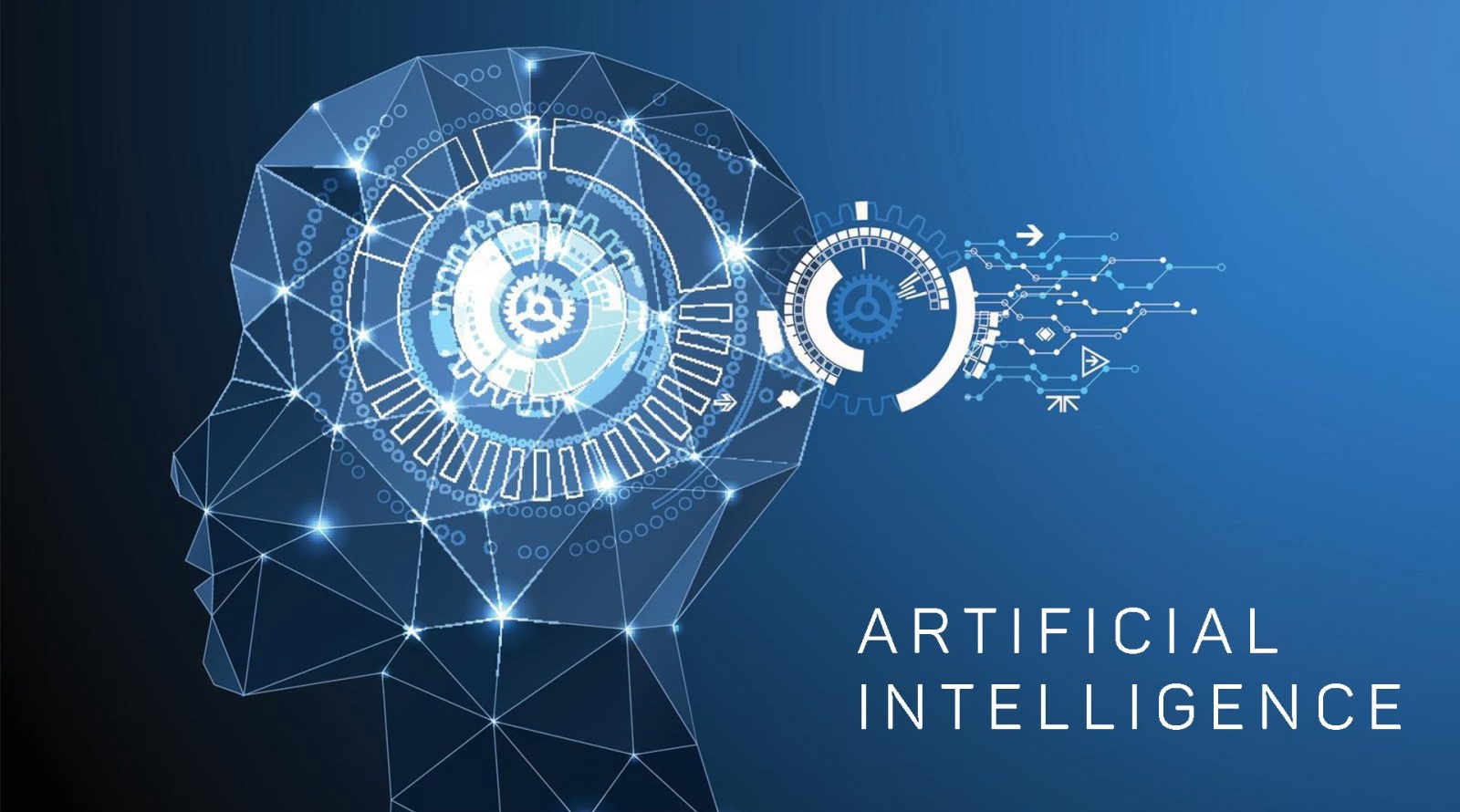How Will Artificial Intelligence Change the Job Market
The market for artificial intelligence is expanding, particularly in light of the pandemic and numerous changes to business paradigms resulting from it. Across the globe, businesses have embraced AI to support automation, labor management, and digital transformation initiatives. According to Grand View Research, the market for AI software was worth about $62.3 billion in 2020 and is projected to increase at an astounding rate to reach $997.8 billion by 2028.
Many employees across many different industries—from manufacturing to customer service and more—left their jobs faster due to the deployment of artificial intelligence to optimize workflows and processes. Let’s say; many online casinos are providing exemplary services with both customer interaction that include games like play roulette online, blackjack, slot machines, and many more.
AI in Healthcare Jobs
The healthcare industry requires quite a few essential reforms. From chronic illnesses and cancer to radiography and risk assessment, there are endless chances to leverage technology to provide more precise, effective, and effective treatments at the right time in a patient’s care. Artificial intelligence (AI) is positioned to be the engine that propels advances across the healthcare ecosystem as payment mechanisms change, patients expect more from their providers, and the volume of available data continues to expand at a startling rate. Compared to conventional analytics and clinical decision-making methods, AI has a lot of benefits. Learning algorithms can become more exact and accurate as they interact with training data, giving people access to previously unattainable insights into diagnosis, care procedures, treatment variability, and patient outcomes.
AI in Business jobs
Traditional business tactics are no sufficient for businesses’ strategies to promote growth because of the massive amounts of data that are now readily available and clients’ constantly changing preferences and complexity. These significant adjustments have created new opportunities for AI to boost corporate growth through valuable insights derived from customer data. Simply put, artificial intelligence in business refers to intelligent computer software with human-like abilities to increase profits, enhance customer experience, boost productivity and efficiency, and spur business growth and change. For example with Sales Intelligence you’ll find customers faster, save research time and enable your business development.
AI in Customer Services
Another contentious application of AI in business is the replacement of human customer support agents with AI. With the development of chatbots, customers may now communicate with companies in real-time to address issues, place orders, request information, and perform nearly any other tasks that could be achieved by speaking with a human customer-care person.
AI in Tailored and Personalized Marketing
Understanding consumer desires and how to sell to each one are essential to increasing business revenue. Customers have minimal patience with too many businesses trying to advertise their products to them in our environment of growing digital engagement. This explains why it is increasingly important to promote only the products that each consumer finds appealing and to understand to whom to market each product. Companies may now use AI to forecast and target who to sell a particular product to boost the likelihood of revenues and the effectiveness of advertising operations while lowering the overall marketing cost using data gathered from online customer activities.
AI for Cybersecurity
Even in the search for weaknesses in computer network defences, artificial intelligence is a crucial ally. By observing trends in data intake, AI systems can detect cyberattacks and other cyber threats. When danger is identified, it can go back through your data to locate the source and aid in preventing further threats. The different eyes will be beneficial in maintaining your infrastructure because they are as vigilant and constant as AI.
AI in Banking
Banks can manage record-level, high-speed data using artificial intelligence to gain insightful information. Also contributing to high-quality services for a more extensive clientele are features like biometric fraud detection systems, AI bots, and digital payments. A wide range of technologies is included in artificial intelligence, such as Machine Learning, Natural Language Processing, Expert Systems, Vision, Speech, Planning, Robotics, etc.
Transportation-Related AI
Make sure that all motorists are safe. Utilizing AI models does much more than merely reduce the number of human errors; transportation analytics, paired with High Speed Cameras helps to lessen the effects of driving dangers in congested urban locations while keeping track of safety rule compliance and vehicle maintenance reports. High speed cameras are essential for their ability to rapidly capture and analyze data, which aids in real-time traffic detection and streamlines road monitoring.
Effective planning and scheduling. Modern modeling technology may address traffic issues and boost operational effectiveness. Examples include real-time traffic detection to alter the route, on-time regulation compliance, and optimal route routing with minimal wait periods.
Forecast and keep an eye on traffic. Traffic is the primary source of transportation delays, mishaps, and energy waste. However, prediction methods enable you to undertake traffic condition predictions using traffic monitoring data, details about sporting events or municipal construction and even automatically compute alternate.
Advantages of AI
- Reduction in Human Error
- Takes risks instead of Humans
- Available 24×7
- Helping in Repetitive Jobs
- Digital Assistance
- Faster Decisions
- Daily Applications
- New Inventions
Disadvantages of AI
- High Costs of Creation
- Making Humans Lazy
- Unemployment
- No Emotions
- Lacking Out of Box Thinking
Read More: How to Improve Circulation (and Why It’s Important)

